Putin is driving Russia to a nervous breakdown
Stanislav Ionkin was just back from the battlefields of Ukraine and he was an angry man. In his home town of Kostroma in western Russia, the 23-year-old pushed his way into a nightclub and fired a military flare gun into the crowd. Thirteen people died in the blaze.
That incident last November should have been a warning sign to the Putin regime, one of many, that the brutality of the war is seeding a mental health crisis, the likes of which hasn’t been seen in Europe since 1945-46. Returning soldiers, saddled with barely diagnosed post-traumatic stress disorder (PTSD), with shell shock and worse, will re-enter a broken society that still doesn’t admit it is fighting a full-scale war.
American estimates of Russian killed and wounded hover now between 200,000 and 250,000, with fatalities at about 60,000. That probably doesn’t include Wagner Group casualties or those of the supposedly independent pro-Russian Donetsk and Luhansk forces. The damage is not just measured in prosthetic limbs, it is psychological, the trauma of battle and intense fear compounded by social indifference about their lot.
If you factor in the convicts who have been pardoned after surviving six months on the meat-grinding front line you get a sense of how the war is coming home. Many are desperate, unemployable, psychotic outcasts. Add to that the grieving families who cannot go public with their sorrow, who have never had the true nature of the war explained to them, and the scope of this looming collective nervous breakdown becomes clear.
The regime has had plenty of time to prepare. The Soviet withdrawal from Afghanistan – a nine-year war which exposed tensions between officers and men – created a well of resentment. When the army formally ended its mission, there wasn’t a single emissary from the Kremlin or the Ministry of Defence waiting for them as they marched over the Freedom Bridge. No one to greet them as heroes. As Rodric Braithwaite, chronicler of the campaign, writes: “It was an extraordinary omission – very bad politics, as well as very bad behaviour. The soldiers never forgot or forgave the insult.”
The Afghan vets found themselves adrift in a collapsing Soviet Union, smeared as participants in a dirty war. Some took to drink and drugs. Others became security guards in a privatising Russia. And many swelled the ranks of organised crime gangs, prized for their ability to mutilate on command.
Their dignity in combat had been upheld by a promise that if wounded in battle they would get first aid within 30 minutes and see a doctor in six hours. Unlike Second World War combatants they could be evacuated by helicopter, even under fire. By the time of Putin’s Chechen campaigns, this tradition had slipped, a sign of the further degradation of a soldier’s standing in the eyes of the political class.
In the present war Russian soldiers have been shown looting Ukrainian supermarkets because their rations ran out. Units squabble over ammunition deliveries. Away from the main battle fronts, many parts of the invasion army seem to feel the neglect of their political masters. The demoralisation of at least sections of the Russian army is heightened by their treatment outside the combat zone.
The Russian military does have a mental health program but few are offered its services. Typically, if a soldier is physically wounded he is assessed as to whether he will be able to return to duty and sent for treatment. He can also be referred to a military psychiatrist for a pro-forma interview, given pills and returned to his home village. After a follow-up interview an assessment is made as to whether the soldier gets placed on the reserve.
Most soldiers think twice about opening up to a military doctor since they run the risk of being classified as malingerers. The role of military psychiatry in Russia has always had a political edge. Commanders were anxious to cover up anything that hinted of weakening morale. But as early as the First World War psychiatrists were actively critical of the tsarist officer corps’ lack of compassion. “Besides wounding the soldier’s body, shells distort his feelings and mutilate his soul,” one of the Russian pioneers, Mikhail Kutanin, said in 1917, “and it is the psychiatrist’s role to heal the latter.”
The Serbsky Institute, Russia’s top psychiatric centre, once notorious for using drugs to brainwash Soviet dissidents, found that 70 per cent of veterans from Chechnya were suffering from PTSD symptoms. But Putin has barely acknowledged the problem and has left it to veteran support groups which are monitored by the security services. It seems that this lot awaits those returning from the Ukrainian front.
Ukraine keeps its casualty figures secret and since they include many civilian bombing victims it’s difficult to make direct comparisons. But Kyiv is open about the mental damage being done, especially among children who are in and out of bunkers, whose sleep patterns have been destroyed, who have to deal with family loss. Psychiatric networks have been set up. Olena Anopriienko, at the Ohmatdyt paediatric hospital in Kyiv, says of her nervous, frenetic patients: “If it’s a war trauma, it is very difficult to provide the sense of safety for that child. Because the child understands that the war is not over.”
It’s surely right, then, that the first war crime charge to be lodged against Putin relates to his abduction and forced Russification of thousands of Ukrainian children: he is stealing their futures, trapping them in trauma. His actions are driving a great chunk of Europe to the brink.
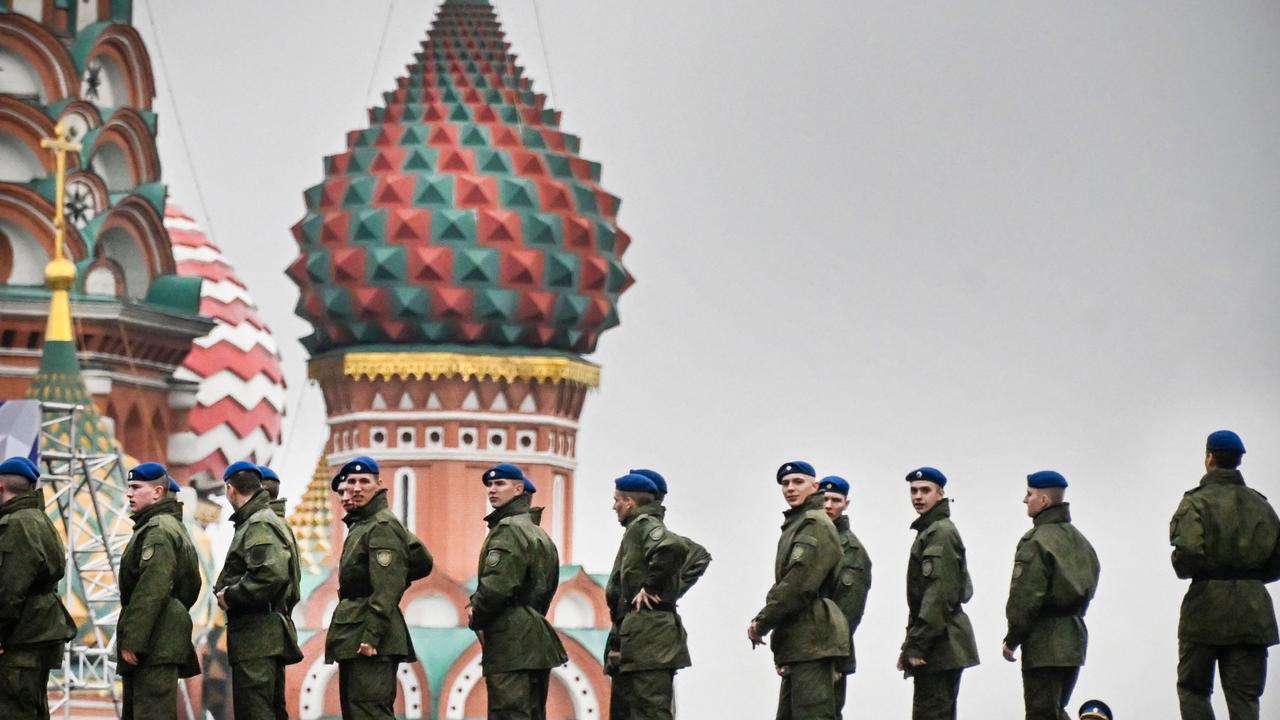
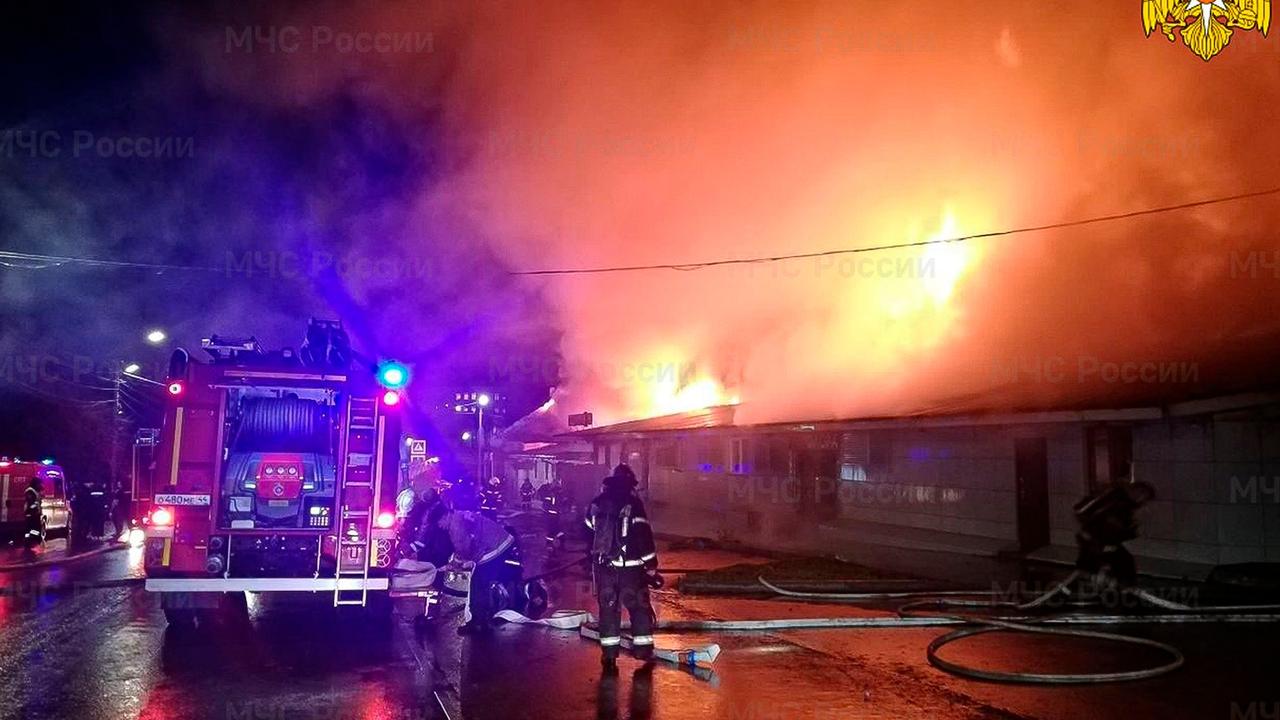
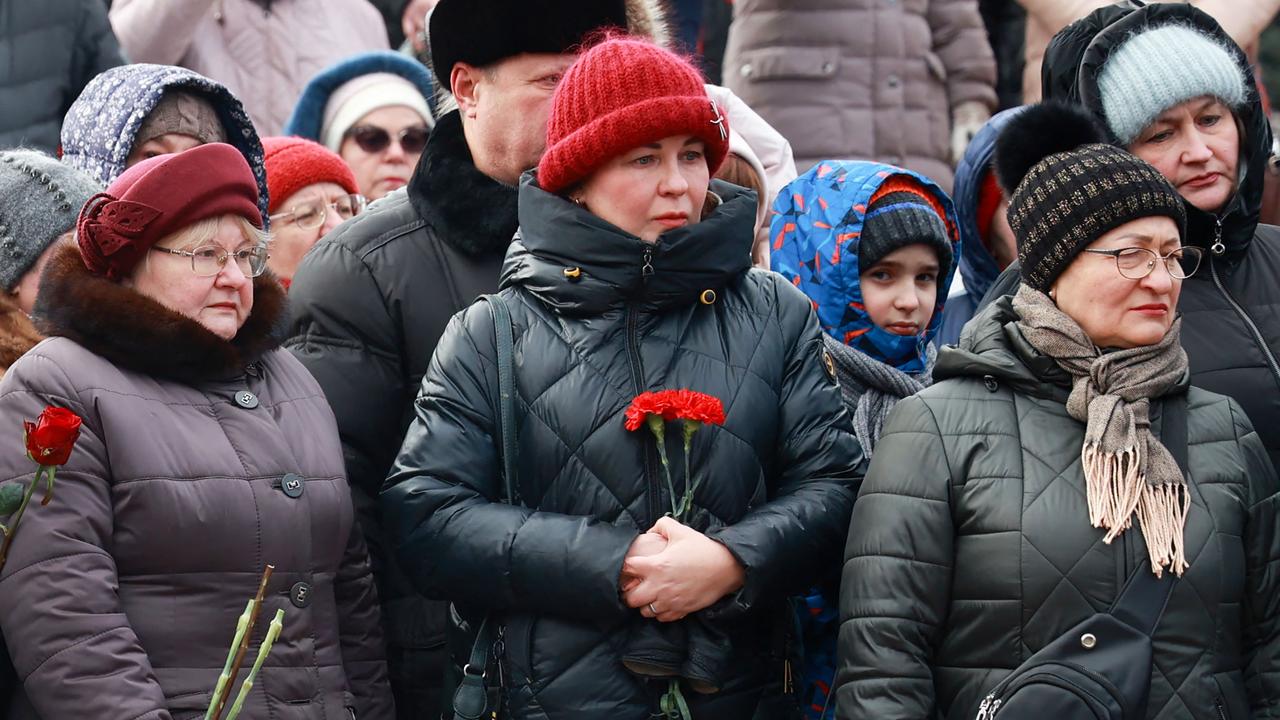
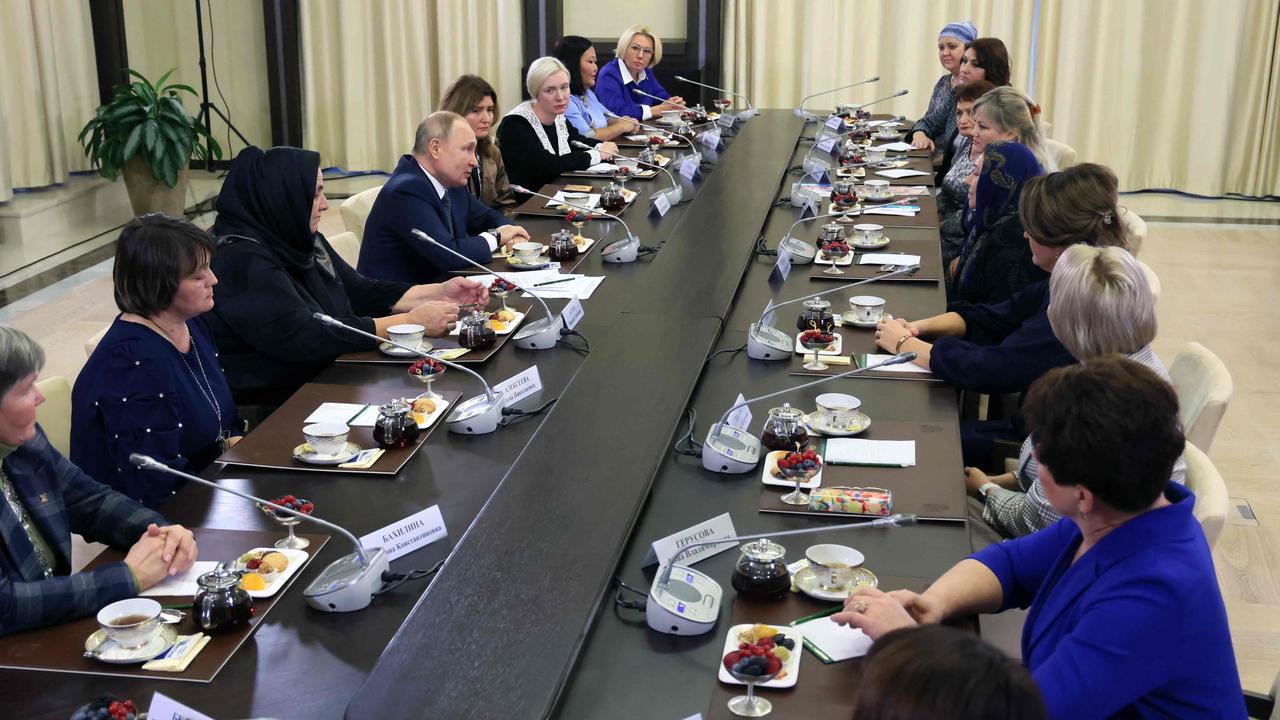
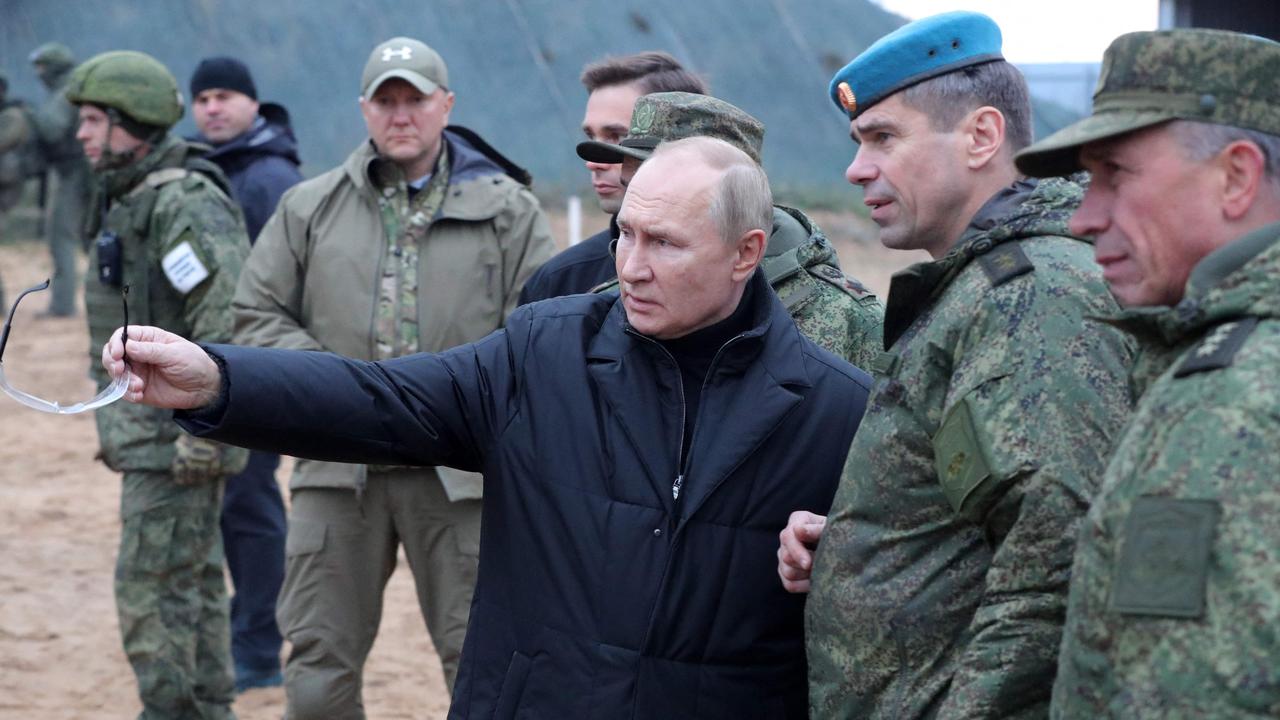
No comments:
Post a Comment